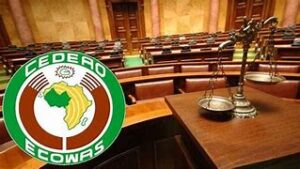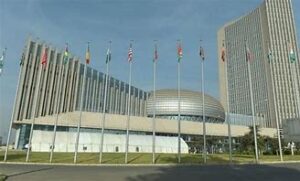Energy is the backbone of any strong development. And where do we get energy from? We have hydro, thermal, fossil fuels, and we have local gas—but these are dwindling. They are limited; fossil fuels could run out by 2030. And, the prices are volatile.
Nii Allotey, Director, Nuclear Power Institute, Ghana Atomic Energy Commission.
All the largest economies in the world have nuclear power as part of their energy mix. Energy is very much critical to the socioeconomic well-being of every nation of he world.
Africa has the least nuclear power of any continent in the world, with the exception of Australia where nuclear power is banned.
South Africa is the only African country that has nuclear power in its energy mix. Two nuclear reactors in Koeberg near Cape Town generate 5% of the country’s electricity.
Why African countries should pursue the nuclear power option as part of their energy mix firstly is because of the continent’s dire energy crisis.
Secondly, Africa derives most of its energy from fossil fuels. These are finite and non-renewable and dwindling in supply. They are also subject to price volatility.
Thirdly, nuclear energy can help countries meet targets under the Paris Agreement to reduce carbon emissions.
Nuclear can help them reach that goal because carbon emissions linked to nuclear-powered energy are relatively small. In addition, supply is reliable and prices stable and predictable.
A number of African countries are currently pursuing nuclear power. The list includes Algeria, Egypt, Ghana, Kenya, Libya, Morocco, Namibia, Niger, Nigeria, Senegal, Sudan, Tanzania, Tunisia, Uganda, Zambia and lately, Rwanda.




